Why I Stopped Baking Sourdough Bread for Clients: My Impression of the Food Industry
I have been baking sourdough bread professionally for about three or four years now. It started like most other peoples’ stories: I baked too much to eat, I gave away for friends and they story spread, and clients just tumbled in. People got sick of the “bread” in the stores because it was not real bread. And so, I came about running my own bakery and working for other bakeries. The money wasn’t that good, but the reaction from people eating properly fermented bread for the first time in their life (or for the first time in years) was good enough. I had so many clients who couldn’t eat bread (or store-bought bread) but they could eat my bread. This made the journey so much better. But this is where the problem comes in: operating a bakery where the breads are properly fermented is not sustainable. Let me explain and also give my impression of the food industry where I live.
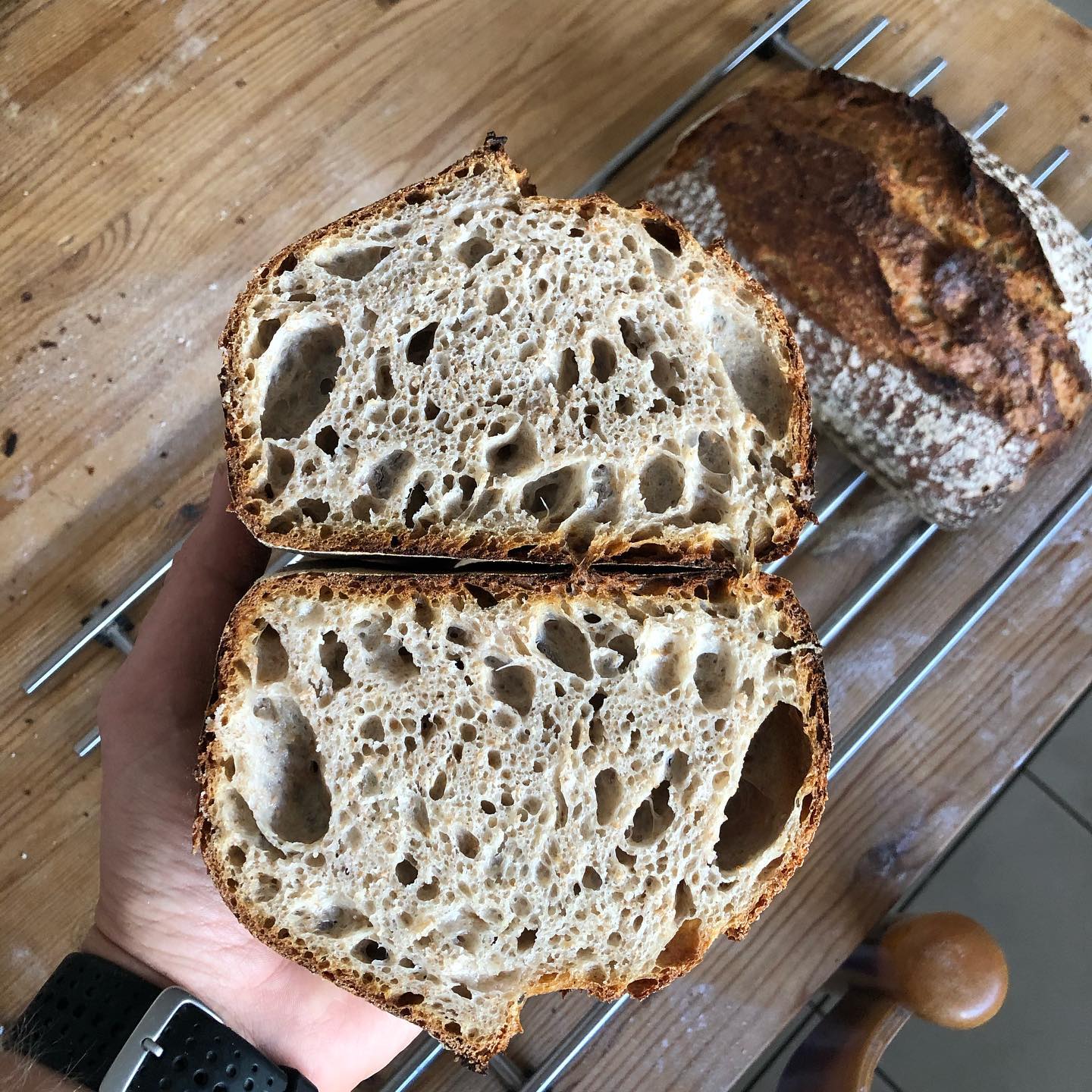
Firstly, what is properly fermented bread? There are some preliminary studies that show that when you ferment flour for extended periods (24 hours and longer) that the phytic acids and gluten content gets lowered. We all know intuitively (?) that fermented foods are better for us. Beer and wine, yogurt and breads. It has been drunk/eaten for thousands of years. But the thing is you cannot rush these things. Nature, in a sense, works at her own pace. So properly fermenting food cannot be sped up. Or it can, but then you are entering the first big problem I have with the modern food industry. We all know the problem about fast food, but this is not a post about fast foods. This post is about trying to make slow food fast. And therefore, I am stopping my business. People want slow food fast. And they want it cheap.

Again, let me go back a bit. So firstly, like I said, properly fermented food is slow food, wines and beers take years (I have some homebrew beer that is 5 years old!), and fermented grains for bread takes days. You cannot rush this process and time equals money in our modern era; so the problem is simple (for me): the longer you leave something to ferment the less money you get for the end product. In the bakery where I worked, I used to make sourdough breads and normal yeasted breads. The sourdough breads took 18 hours (still relatively few hours) and the normal yeasted breads fermented for 2 hours. Both sold for roughly the same price. So the 2 hour bread made more money than the 18 hour bread because you did not have to pay for the space of a fridge and the utilities to run said fridge. When you asked the people for feedback on the breads, the standard answer was that it was good. Few could really appreciate the longer fermented breads.
When I opened my own bakery and experimented with breads that fermented for 36-48 hours, the end product was so much better than 18 hours fermented breads and you could not even compare them with 2 hour fermented breads. Trying to maintain a bakery by stating to clients that breads take 3 days, sometimes you need to wait three days for your product, is not sustainable. (I baked the extended fermented on order.) Plus, when a batch fails you are set back with three days. It is not that you can start over and have a new supply ready, it is rather that you need to wait two to three days again. Most people are not “forgiving” in the sense that they would order again or that they want a new batch. Instead, they would revert to store bought bread because it is cheaper and more reliable. And this is another problem that I face: the weather and the elements over which I have no control influences the product so much. I love natural fermentation, but the problem is you cannot strictly control it. It has its own mind. I have made batches where everything went according to plan and for some reason just flopped and did not work out. Again, imagine your product of three days flop on day three: you cannot start over.
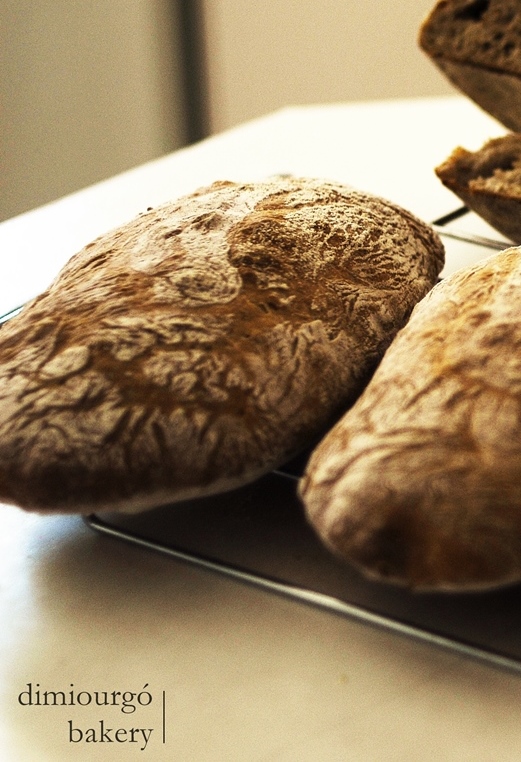
And this is my rant about the food industry here where I live: people are happy with substandard products because that is what they are used to, and they do not know anything else. It is said that in South Africa, the price of luxury eating is cheap compared to the rest of the world due to low wages and cheap produce. Well, produce according to some analysts has risen by 60% in the last year. So, food here is not cheap anymore. But people are more than willing to pay “too much” for substandard products because there is nothing else; there are no competing products to which they can turn. I started out my bakery with the hope of asking roughly the same price as the shops. In other words, I charged the same for artisanal loaves which underwent proper fermentation (36-48 hours) as the shops charged for their “artisanal loaves”. However, in the last two years electricity went up, the produce industry upped their prices up to 60% (flour is up by 25%) and petrol is so much more expensive. But the shops’ artisanal loaves are the same price and to run a profitable bakery I cannot charge the same anymore. I am forced to up the prices with so much that I cannot make a business. People are not willing to pay “these amounts” for something they can buy for half the price at the shops. I am ending with the following: it is sad for me that people are willing to pay so much for a substandard product at the shops (due to convenience) and subsequently drive the prices up for us artisanal bakers and food related businesses. I really hope people realise before it is too late the value they are losing because of their “convenience” shopping. People who want “slow food” quickly are missing the point of slow food.
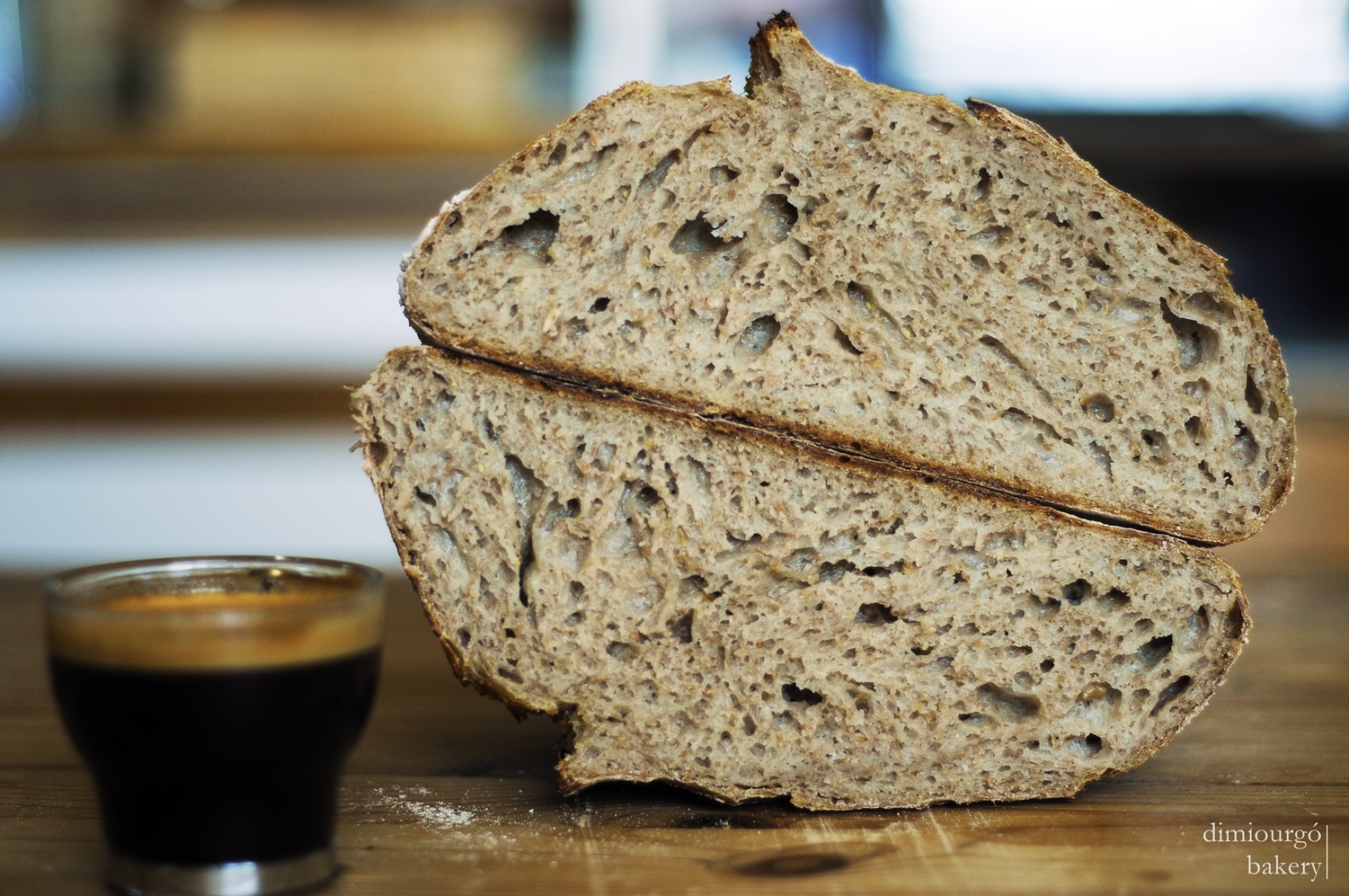
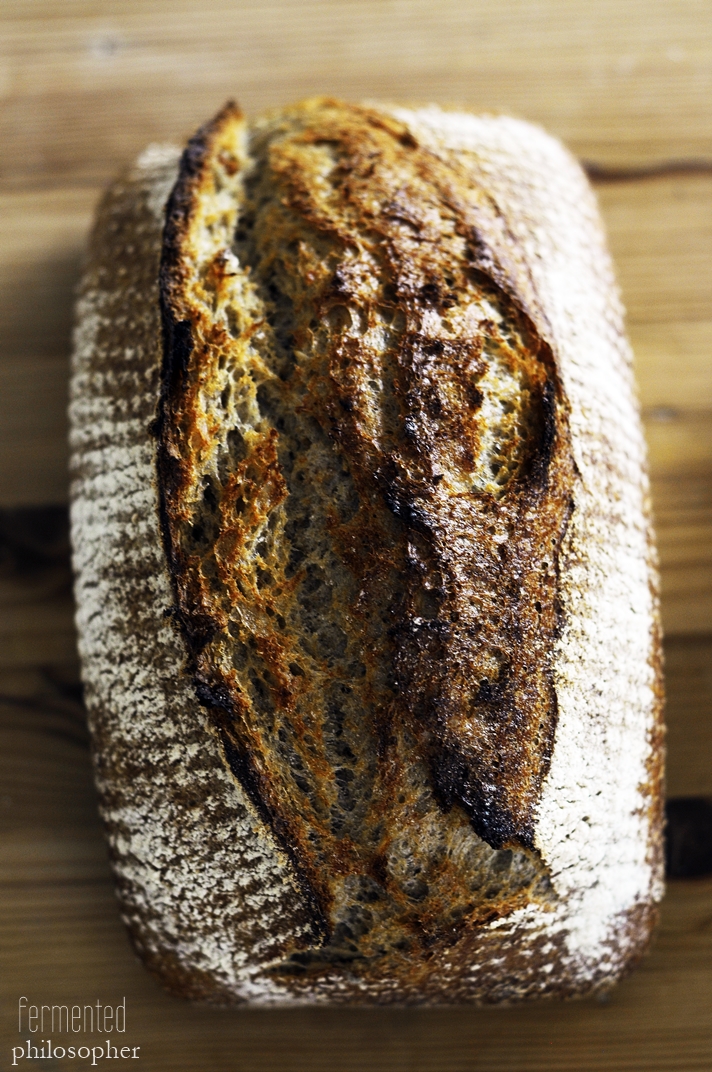


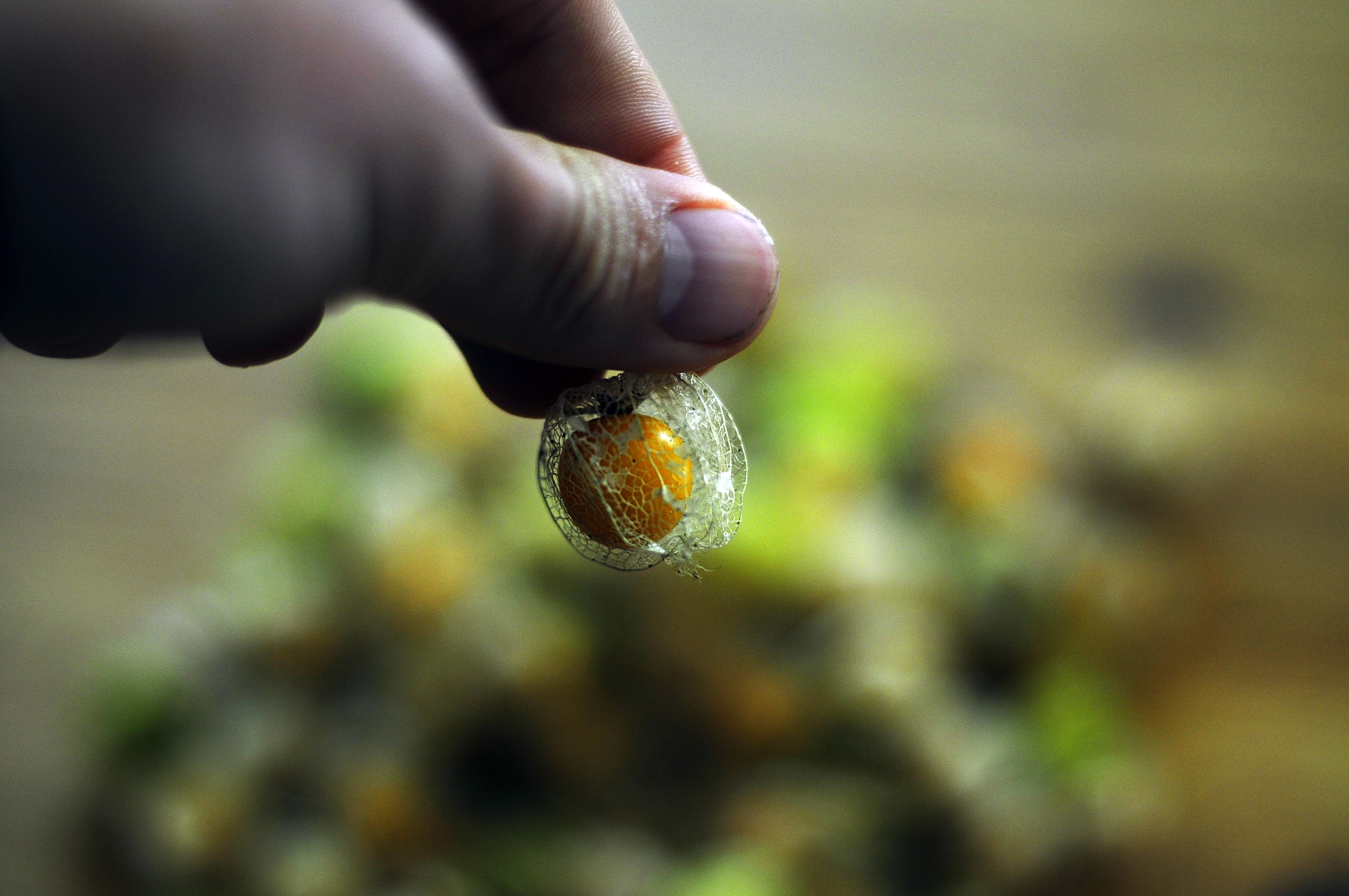






Comments